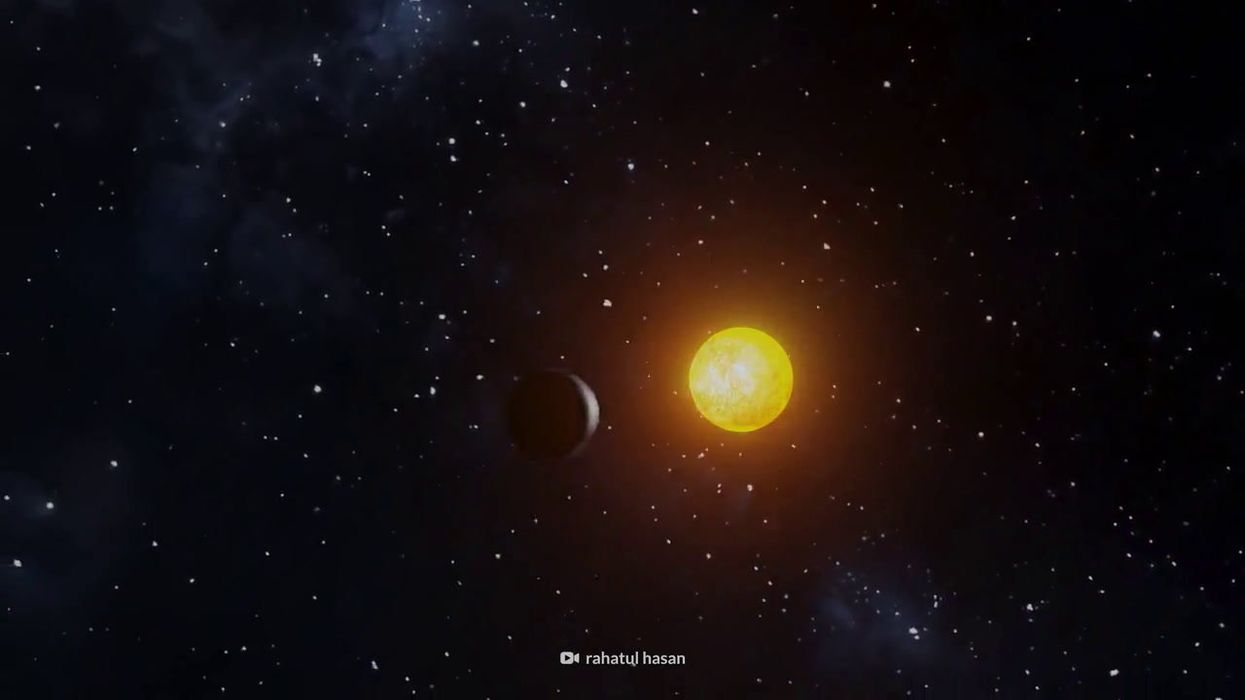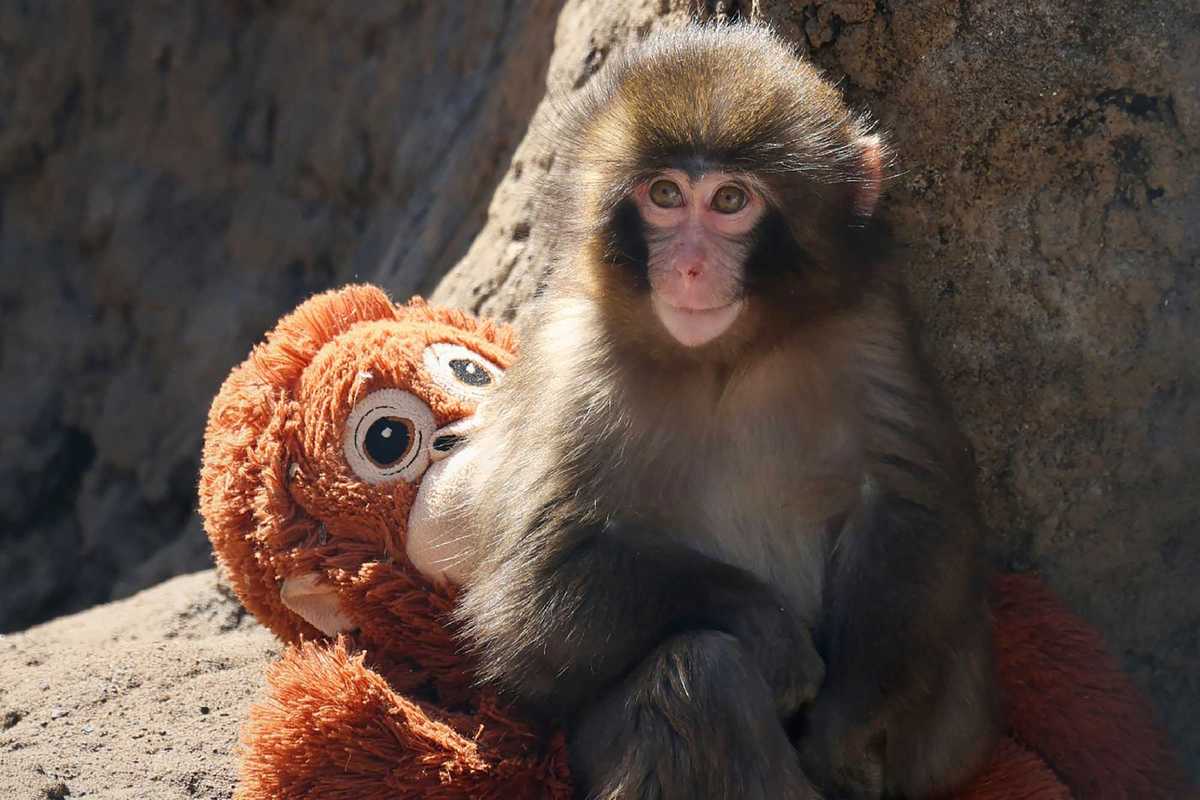Kate Plummer
May 08, 2023
What If Earth Orbited the Sun at the Speed of Light?
content.jwplatform.com
People have been struggling with the question of how human life started for years and years.
It is the ultimate existential question and previously scientists have considered the role of lightning, while religious people obviously have other ideas.
And now scientists think the Sun has something to do with it.
The Sun emits powerful superflares every few days and scientists reckon these solar particles collided with molecules in Earth's early atmosphere to create the basic building blocks that would later create life.
To test the theory, researchers combined simulated solar particles and lightning in a laboratory and in doing so created amino acids and carboxylic acids – two of the essential basic ingredients for proteins and life.
Sign up to our free Indy100 weekly newsletter
"We have, for the first time, experimentally shown that the production rates of amino acids and carboxylic acids in non-reducing gas mixtures … due to proton irradiation can significantly exceed the production rates of these molecules via galactic cosmic rays and spark discharges," wrote a team led by chemist Kensei Kobayashi of Yokohama National University in Japan.
"This provides experimental evidence supporting the importance of solar energetic particle events in the young Sun as energy sources which were required for the synthesis of the biologically important molecules deposited and accumulated in diverse aquatic geological settings of the early Earth."
It follows research in 2016 when a team led by solar scientists Vladimir Airapetian of NASA's Goddard Space Flight Center found that superflares could have warmed Earth despite the coolness of the Sun, and triggered chemical reactions that produced prebiotic molecules.
Have your say in our news democracy. Click the upvote icon at the top of the page to help raise this article through the indy100 rankings.
Top 100
The Conversation (0)














